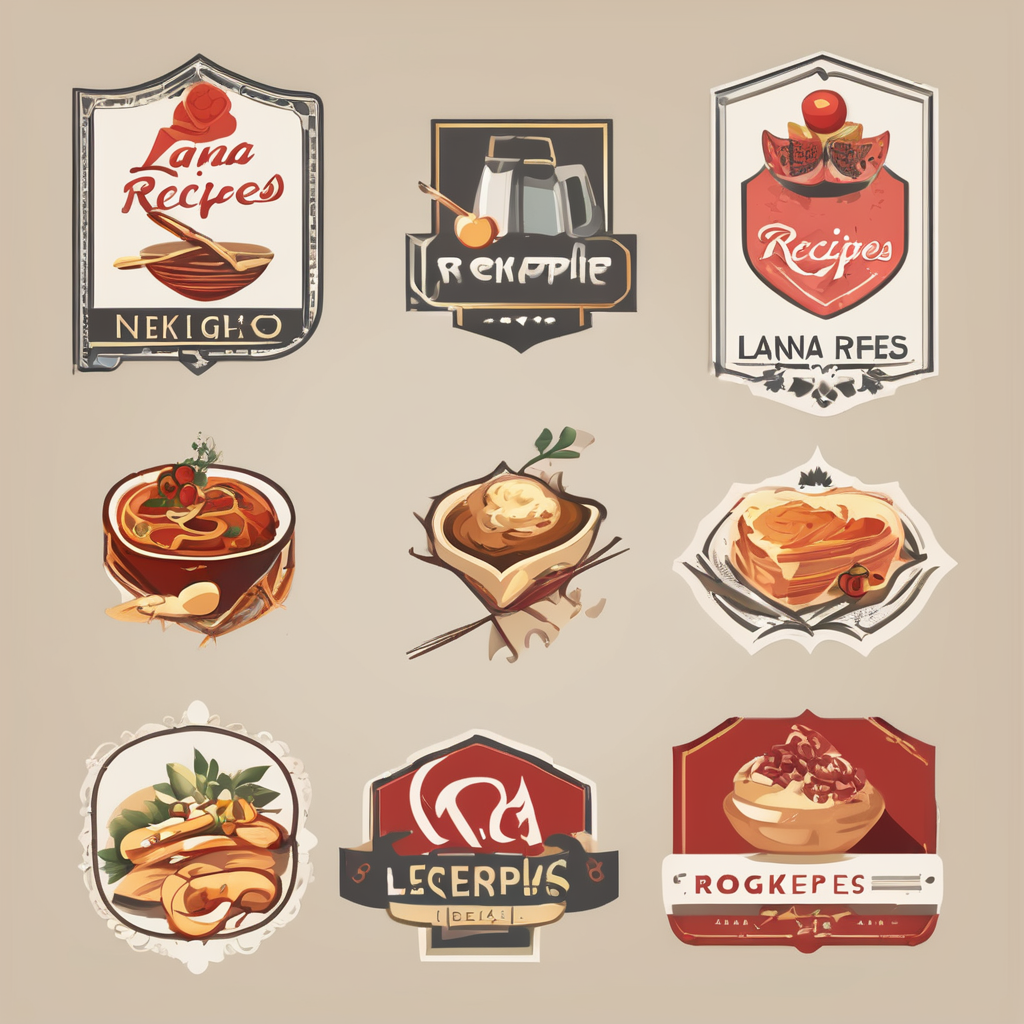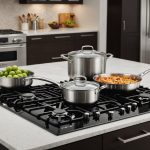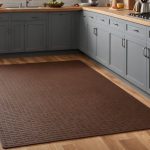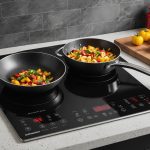In recent years, kitchen design has evolved remarkably, placing importance on sustainability and eco-conscious choices. As we journey into 2024, there’s a growing preference for using natural materials in kitchen design, especially here in the UK. Beyond aesthetic appeal, these materials offer numerous benefits that have transformed the modern kitchen into a space that is not only beautiful but also environmentally friendly. This article will explore how embracing natural materials can redefine your kitchen, enhance functionality, and contribute to a sustainable home. Let’s delve into the many advantages of integrating natural elements into your kitchen design.
Embracing Natural Materials for a Timeless Appeal
Natural materials bring an enduring charm to any space, and kitchens are no exception. The timelessness they offer is unparalleled, often becoming a central design element that defies fleeting trends. In addition to aesthetic appeal, these materials provide practical benefits that align with the modern desire for sustainable living.
In the same genre : Ultimate Guide to Choosing the Top Compostable Kitchen Bags in the UK
One of the standout features of natural materials like wood is their ability to bring warmth and a sense of calm to your kitchen. Wooden cabinets, flooring, and worktops introduce a cozy ambiance reminiscent of traditional British homes yet adaptable to contemporary styles. Furthermore, wood possesses innate durability that withstands everyday wear and tear, ensuring it remains an integral part of your kitchen for years.
The modern kitchen is an amalgamation of style and functionality. Natural stone worktops like granite or marble offer distinct visual appeal and robust surfaces perfect for culinary activities. These stones are not only elegant but also resistant to heat and scratches, making them practical for daily use.
Also to see : How can I maximize storage space in my small UK kitchen without sacrificing style?
Beyond aesthetics and functionality, natural materials play a pivotal role in creating an eco-friendly kitchen. They are renewable resources, which means choosing them reduces your environmental impact. By incorporating such materials, you contribute to a design that is as kind to the planet as it is to the eye.
Sustainable Design and Energy Efficiency
Integrating sustainable design into your kitchen goes beyond selecting materials; it encompasses a holistic approach that includes energy-efficient appliances and systems. As households become more conscious of their environmental footprint, eco-friendly choices are becoming the norm rather than the exception.
Modern appliances now come with a host of features that minimize energy consumption without compromising performance. From induction cooktops that heat faster and use less energy to refrigerators designed to maintain optimal temperatures, these appliances are the cornerstone of a sustainable kitchen. Utilizing energy-efficient lighting such as LED bulbs further reduces electricity use, making substantial savings over time.
Water efficiency is another crucial component of sustainable kitchen design. High-efficiency taps and faucets can significantly reduce water waste, helping you conserve one of our most precious resources. Aerated fixtures provide effective flow without excessive use, ensuring your kitchen is both functional and responsible.
Moreover, ensuring your kitchen’s layout maximizes natural light not only creates a brighter atmosphere but also reduces the need for artificial lighting. Incorporating large windows or skylights can transform your kitchen into a lively space that’s inviting and energy efficient.
Maximizing Space with Natural Materials
In UK homes, where space can often be at a premium, smart design is essential to create a functional and spacious kitchen. Natural materials can play a significant role in maximizing available space, offering ingenious solutions that are as practical as they are beautiful.
Open shelving crafted from reclaimed wood can replace upper cabinets, adding a rustic charm while keeping your kitchen airy and open. This not only maximizes vertical space but also provides easy access to everyday items. These shelves showcase your kitchen’s character with the added benefit of sustainability.
Incorporating natural worktops can enhance the sense of space in your kitchen. Materials like light-colored stones or polished woods reflect light, making your kitchen appear larger and brighter. Coupled with clever storage solutions like pull-out pantry racks and corner cabinets, you can enjoy a clutter-free and efficient workspace.
Moreover, using sliding barn doors made of recycled wood can eliminate the need for traditional swinging doors, offering more space-saving options without sacrificing style. Natural materials come with the versatility to adapt to various kitchen layouts, ensuring your design is both practical and aesthetically pleasing.
Eco-Friendly Kitchen Practices
Designing an eco-conscious kitchen extends beyond the materials and appliances. It encompasses a shift towards practices that prioritize reduction, reuse, and recycling. Adopting these habits can significantly diminish your kitchen’s environmental impact while fostering a healthier lifestyle.
One effective way to reduce waste is to embrace efficient waste management systems. By incorporating compost bins, you can recycle organic waste, turning it into valuable nutrients for your garden. This practice not only reduces the burden on landfill sites but also enriches your soil, promoting a sustainable cycle of use.
Furthermore, selecting natural cleaning products that avoid harsh chemicals helps maintain a healthier indoor environment. These solutions not only safeguard your family’s well-being but also contribute to preserving our planet. Opt for biodegradable soaps, non-toxic sprays, and natural fibers for cleaning cloths to ensure every aspect of your kitchen is rooted in eco-friendliness.
Implementing water-saving practices, such as installing water aerators and being mindful of water use during cooking and cleaning, can significantly contribute to conservation efforts. Small changes in daily habits collectively lead to a considerable impact over time.
Ultimately, by choosing natural materials and embracing eco-friendly practices, you create a kitchen that reflects today’s values of sustainability and health, ensuring it remains a cherished space for you and your family for years to come.
Designing a kitchen that prioritizes sustainability and natural elements not only benefits the environment but also elevates the quality of your living space. By opting for natural materials, you cultivate a kitchen that embodies timeless elegance and practical efficiency. This approach aligns with the modern desire for spaces that are both aesthetically pleasing and environmentally responsible. As you embark on your kitchen design journey, remember that every choice you make can contribute to a more sustainable future, creating a home that reflects both your values and the natural beauty of our planet. Embrace this opportunity to transform your kitchen into a sanctuary that resonates with warmth, style, and environmental consciousness.











